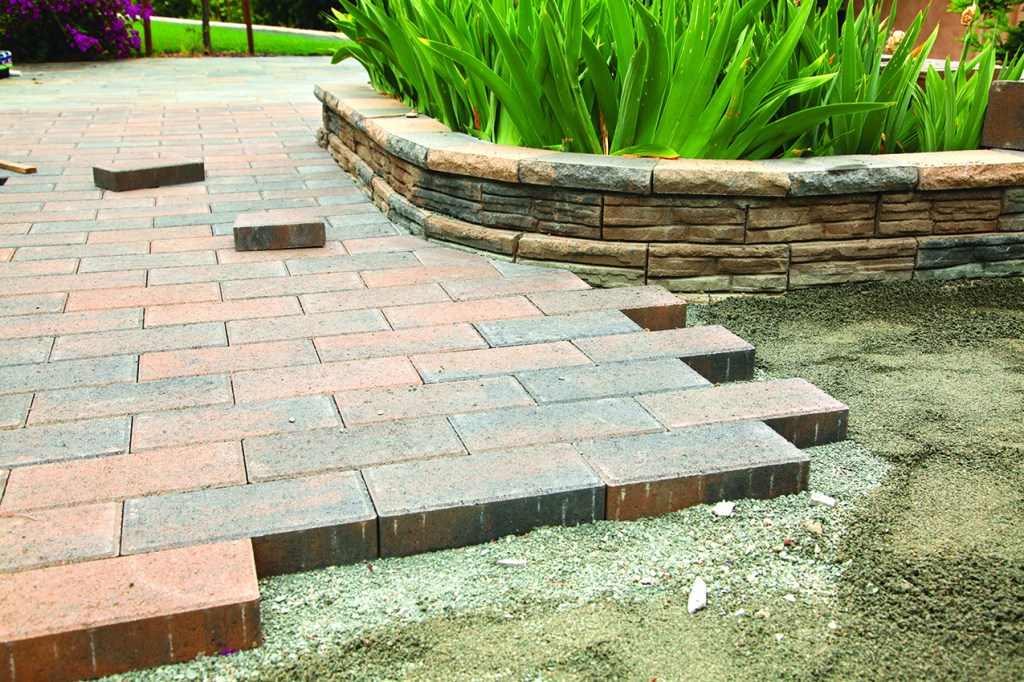Ask the Expert: Hot Hamptons Weather and Helping Your Trees

“As hot weather moves into the Long Island region, many homeowners begin to worry about their valuable trees and other woody plants suffering from the recent drought-like conditions,” says Fox Tree Service president Bart L. Fusco, a Certified Arborist and Registered Consulting Arborist. But although you may be seeing signs of stress and damage, the causes may be surprising.
The Question: As the weather gets hot, are trees turning brown because they need more water?
The effects of heat can cause stress on thin needled conifers, such as Alberta Spruce and understory trees such as Dogwood, Birch and Beech, especially those in full sun and poor soil. Needles turn brown or just drop, the deciduous trees leaves become burned on the edges or just turn yellow and drop off. The shedding of the weaker leaves is the tree’s way of protecting their remaining water reserves by reducing the evaporation of water from their leaves or needles.
Watering more often can do more harm than good, as frequent shallow watering can cause disease and/or root problems such as rot. It is better to water the soil around the root zones of trees and other woody plants with adequate water every few days, to create deeper levels of moisture-saturated soil.
The damage to plant material from certain pests is often mistaken for drought damage, such as mites and scale insect feeding.
Thin needled Alberta Spruces are a prime example. Stressed plants are an open invitation to Spider Mites to come and colonize the plants.
This photograph shows a heavy Spider Mite infestation (the brown areas). There is an interesting growth of normal sized branches emerging from the condensed canopy of the tree in the front. This is not common, yet I do see plants having this problem. This growth has nothing to do with stress and can easily be pruned out. If left in place this branch will outgrow the rest of the foliage and the majority of the plant will die.
Privet rust mite and scale become problems with hot weather, especially the south-facing side of hedges, where the sun is beating down on the foliage all day.


Another problem when the plants come under stress is their inability to deal with other stress-causing actions.
The tree in this photograph below has been partially killed by the neighbor’s pool waste washout. The chlorine contained in this washout is detrimental to all plant life, not just the algae in the pool.
By keeping your plant material stress-free, many of these secondary problems can be eliminated.
Have questions about potential damage to the trees in your yard or looking for other tree-care information? You can contact Fox Tree Service in Suffolk at 631-283-6700, and in Nassau at 516-921-7111, or visit online at foxtreeservice.com.






